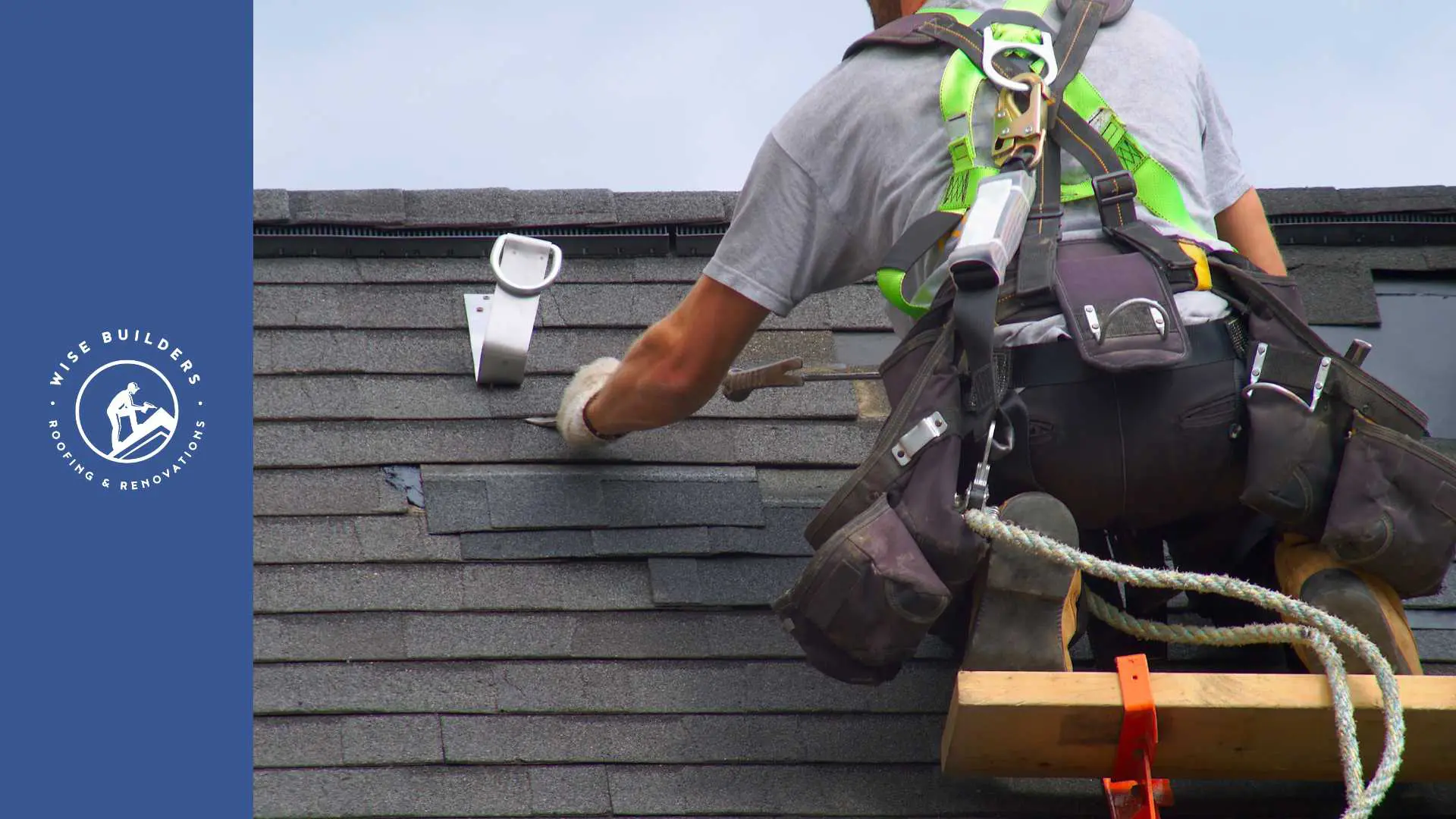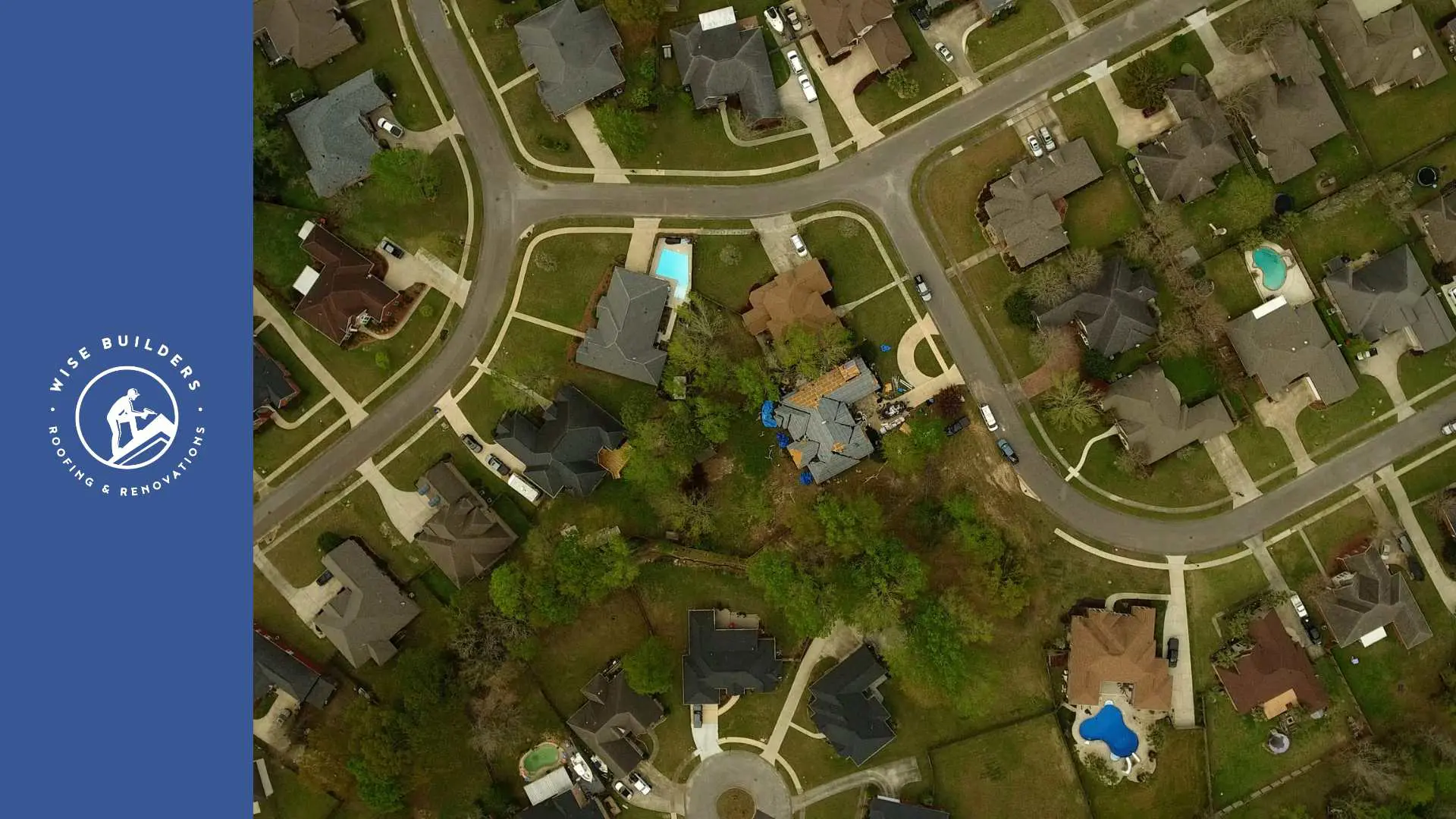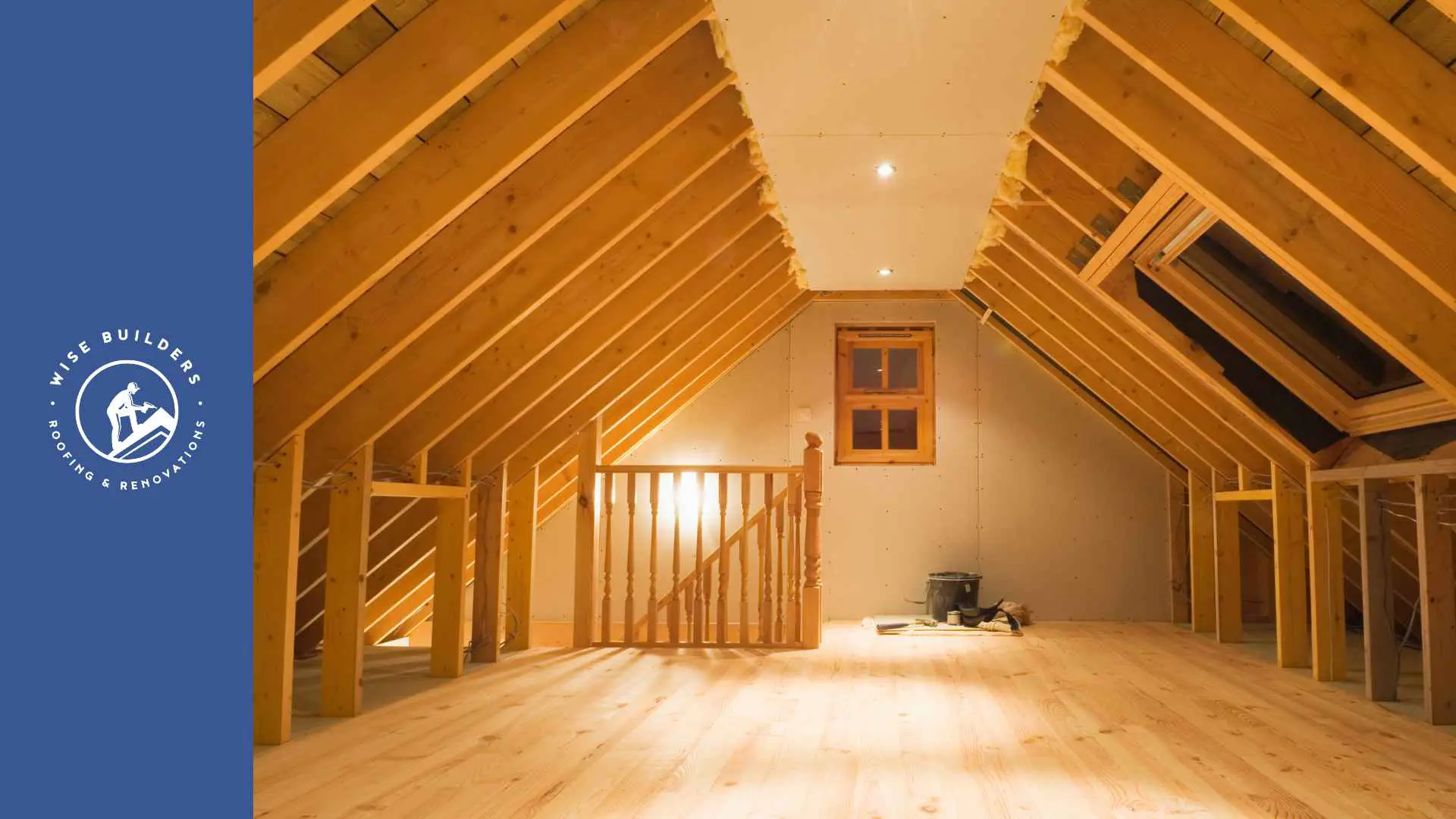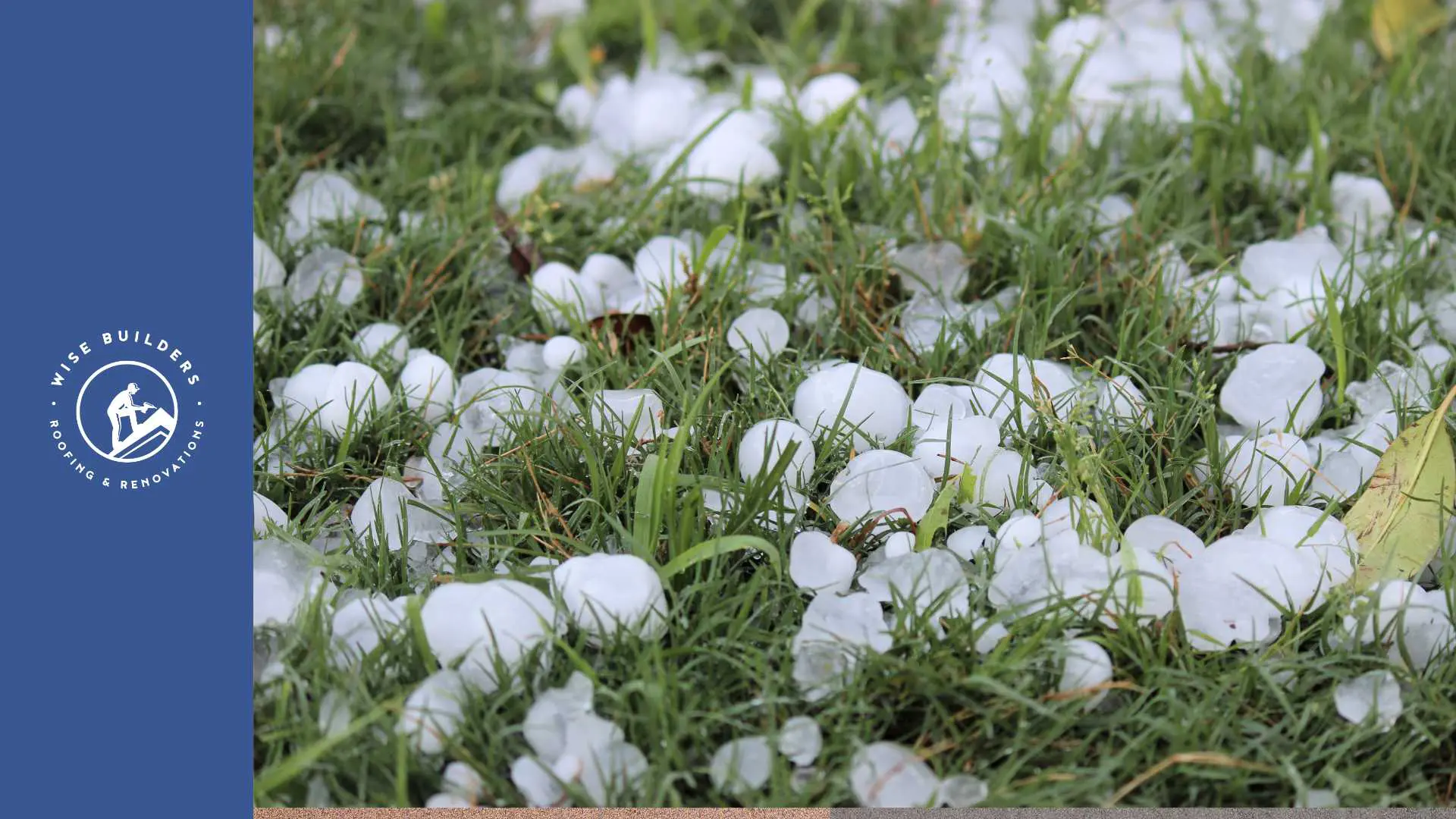
Key Highlights
- Ridge vents are crucial for metal roofs, protecting them from moisture damage and increasing their lifespan.
- Properly installed ridge vents facilitate airflow, preventing mold, mildew, and ice dams.
- These vents are cost-effective, low-profile, and blend seamlessly with your metal roof’s aesthetics.
- Easy to install, ridge vents require minimal maintenance and offer long-term benefits for your home.
- Ridge vent installation enhances energy efficiency, leading to a more comfortable living environment.
Introduction
A ridge vent is an essential component of any well-designed metal roof ventilation system. By allowing a continuous flow of air along the peak of your roof, ridge vents prevent the buildup of heat and moisture that can wreak havoc on your home. If you’re considering a metal roof or want to optimize your existing one, understanding ridge vents is crucial for ensuring a durable, energy-efficient, and comfortable living space.
Understanding Ridge Vents on Metal Roofs

A ridge vent is a ventilation system specifically designed for metal roofs, strategically positioned at the peak or ridge of your roof. It facilitates continuous airflow by allowing warm, moist air to escape your attic, while cooler, fresh air is drawn in through intake vents located lower on the roof.
This process of air circulation is essential for maintaining a healthy and energy-efficient home. Without proper roof ventilation, heat and moisture can accumulate in the attic, leading to a host of problems such as mold growth, mildew, ice dams, and even structural damage over time.
The Functionality of Ridge Vents in Metal Roofing
Ridge vents work on a simple yet effective principle – the natural convection of air. As the sun heats your metal roof, the air inside the attic warms up and becomes less dense. This warm, stale air naturally rises to the highest point in the attic, which is where the ridge vent is located.
The ridge vent, designed to allow for airflow, provides an escape route for this warm, moisture-laden air. As the warm air exits through the ridge vent, it creates negative pressure within the attic. This negative pressure draws in cooler, fresh air from the intake vents located lower on the roof, creating a continuous cycle of airflow.
This ongoing circulation of air helps to regulate the temperature and humidity levels in your attic, preventing condensation buildup and protecting your home from moisture-related problems.
Comparing Ridge Vents to Other Ventilation Systems
While several roof ventilation systems are available, ridge vents are often considered superior, especially for metal roofs. Here’s why:
- Continuous Airflow: Unlike other vents, such as box vents or gable vents, that rely on wind pressure for optimal performance, ridge vents provide consistent airflow along the entire length of the roof ridge.
- Low Profile: Ridge vents are seamlessly integrated beneath the metal ridge cap, maintaining a sleek and unobtrusive appearance, unlike the more noticeable turbine or box vents.
- Enhanced Efficiency: The design of ridge vents, working in conjunction with intake vents, optimizes roof ventilation, leading to a cooler attic and reduced energy costs.
By offering these advantages, ridge vents provide a comprehensive solution for maintaining a balanced and well-ventilated attic space.
Installation Process for Ridge Vents on Metal Roofs

Installing a metal roof ridge vent is a relatively straightforward process, but attention to detail is crucial for a watertight and effective ventilation system. It involves creating a continuous vent opening along the roof’s ridge and securing the ridge vent material before installing the metal ridge cap.
Properly sealing all seams and penetrations is essential to prevent leaks. While it’s a manageable DIY project for experienced individuals, consulting a qualified roofing contractor can ensure a correct and worry-free installation.
Preparing Your Roof for Ridge Vent Installation
Before installing your ridge vent, ensure your metal roof is prepped for the process. Begin by removing the existing ridge cap, taking care not to damage the surrounding metal panels.
Next, inspect the roof decking underneath for any signs of damage or rot. Replace any compromised sections and ensure the decking provides a solid base for the new ridge vent.
Now, install a foam closure along the ridge line. This foam closure acts as a barrier against weather elements, keeping out dust, insects, and moisture while allowing for necessary airflow through the ridge vent.
Step-by-Step Guide to Installing Ridge Vents
Follow these steps to install a ridge vent on your metal roof:
- Roll out the ridge vent: Starting at one end of the ridge, roll out the ridge vent material over the foam closure, ensuring it overlaps the roof edges on both sides.
- Secure the ridge vent: Following the manufacturer’s instructions, secure the ridge vent to the roof decking using nails or screws, maintaining a consistent spacing for a tight and even fit.
- Install the ridge cap: Place the metal ridge cap pieces over the installed ridge vent, overlapping each section according to the manufacturer’s recommendations. Use butyl tape or sealant along the overlaps for a watertight seal.
| Step | Description |
| 1 | Roll out and position the ridge vent material. |
| 2 | Secure the ridge vent to the roof decking. |
| 3 | Install and seal the metal ridge cap. |
Conclusion
Ridge vents are a crucial component for optimal ventilation in metal roofs. Their efficiency surpasses other ventilation systems, ensuring a well-maintained roof. Proper installation is key to reaping the benefits of ridge vents, from preparation to step-by-step implementation. Understanding ridge vents’ functionality in metal roofing will enhance your roof’s longevity and performance. With this ultimate guide, you’re equipped to make informed decisions for a well-ventilated and durable metal roof.
At Wise Builders, We ensure our clients receive the best possible outcomes. Our commitment to quality workmanship and customer satisfaction is unwavering, making us the top choice for residential Roofing services in our community.







